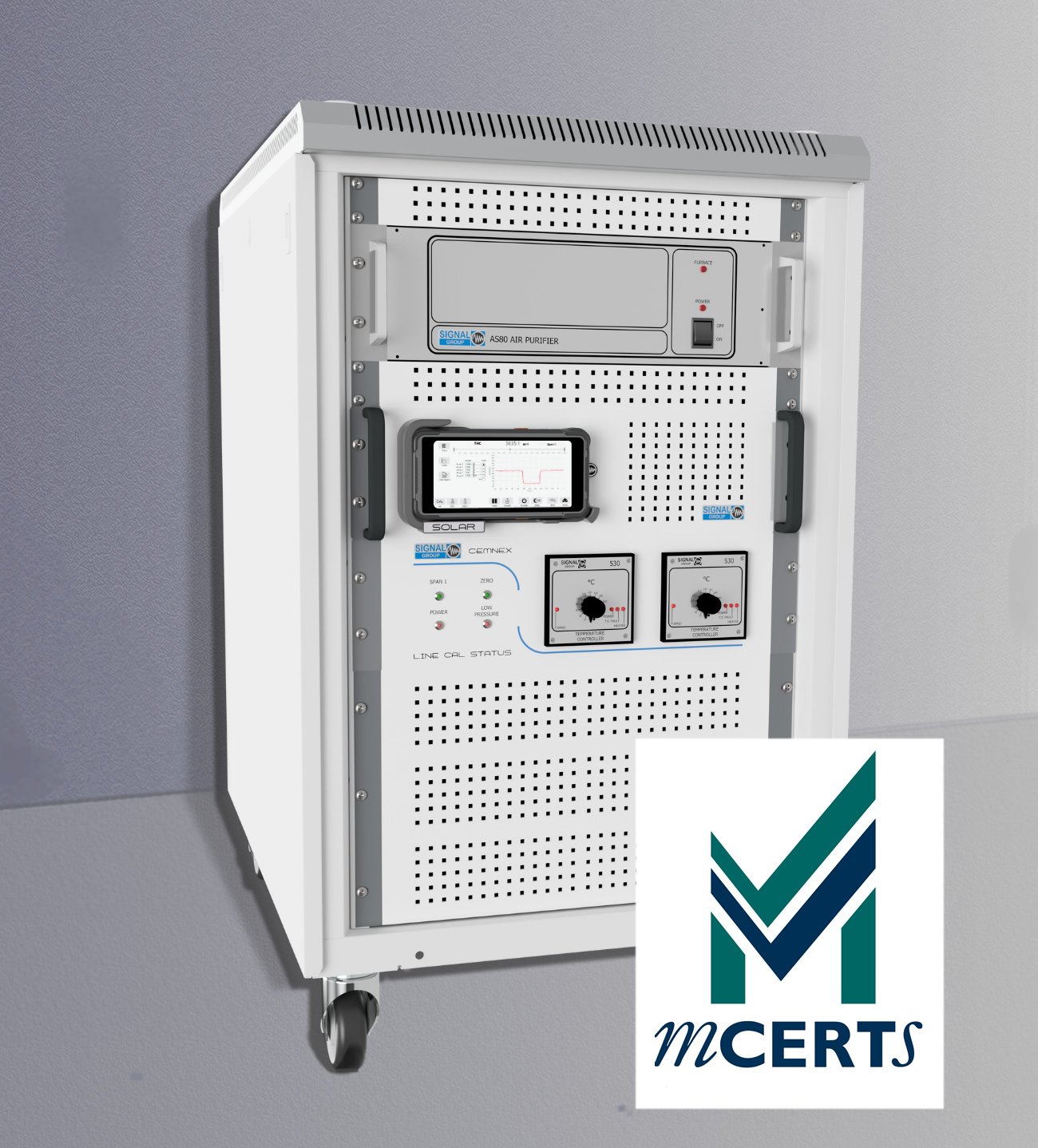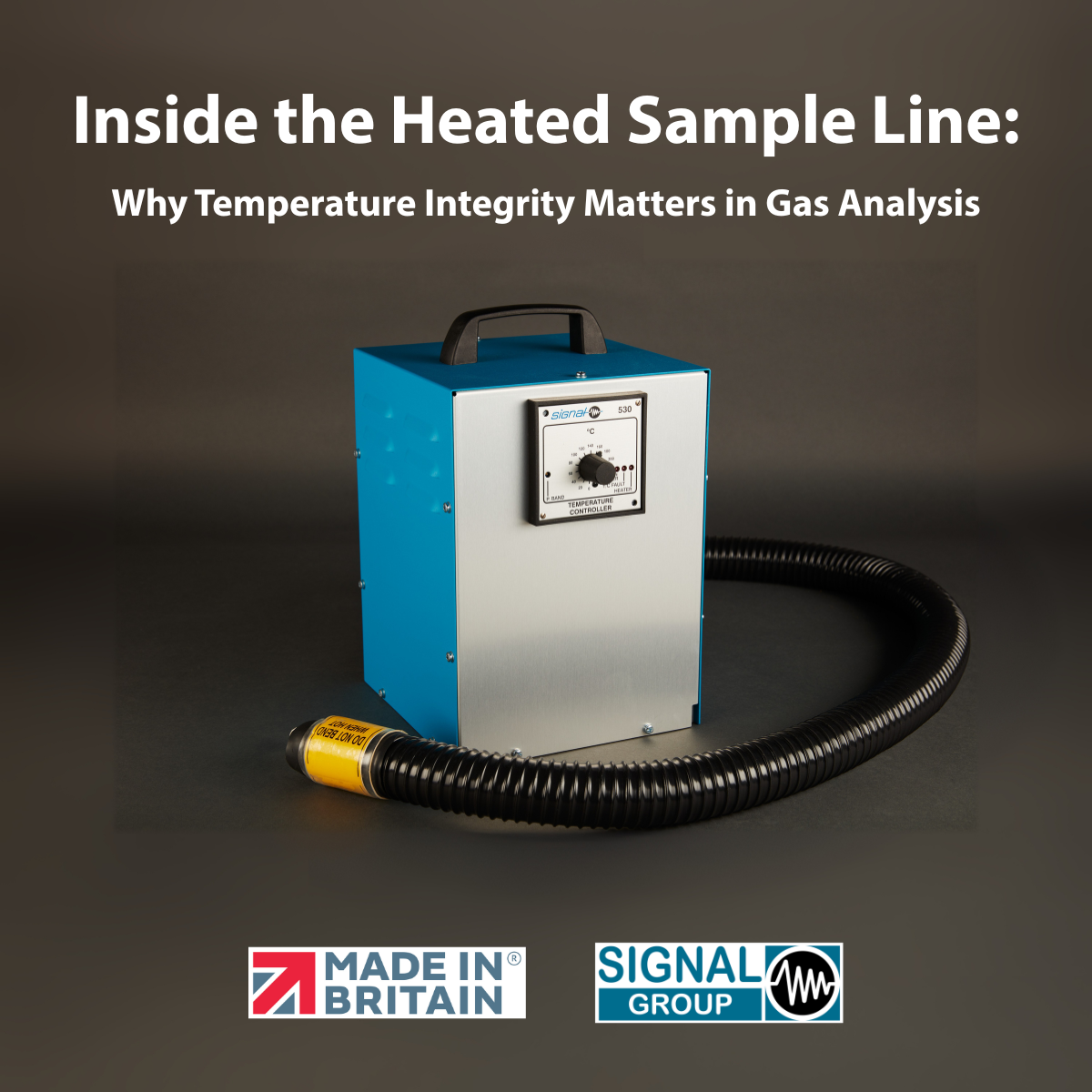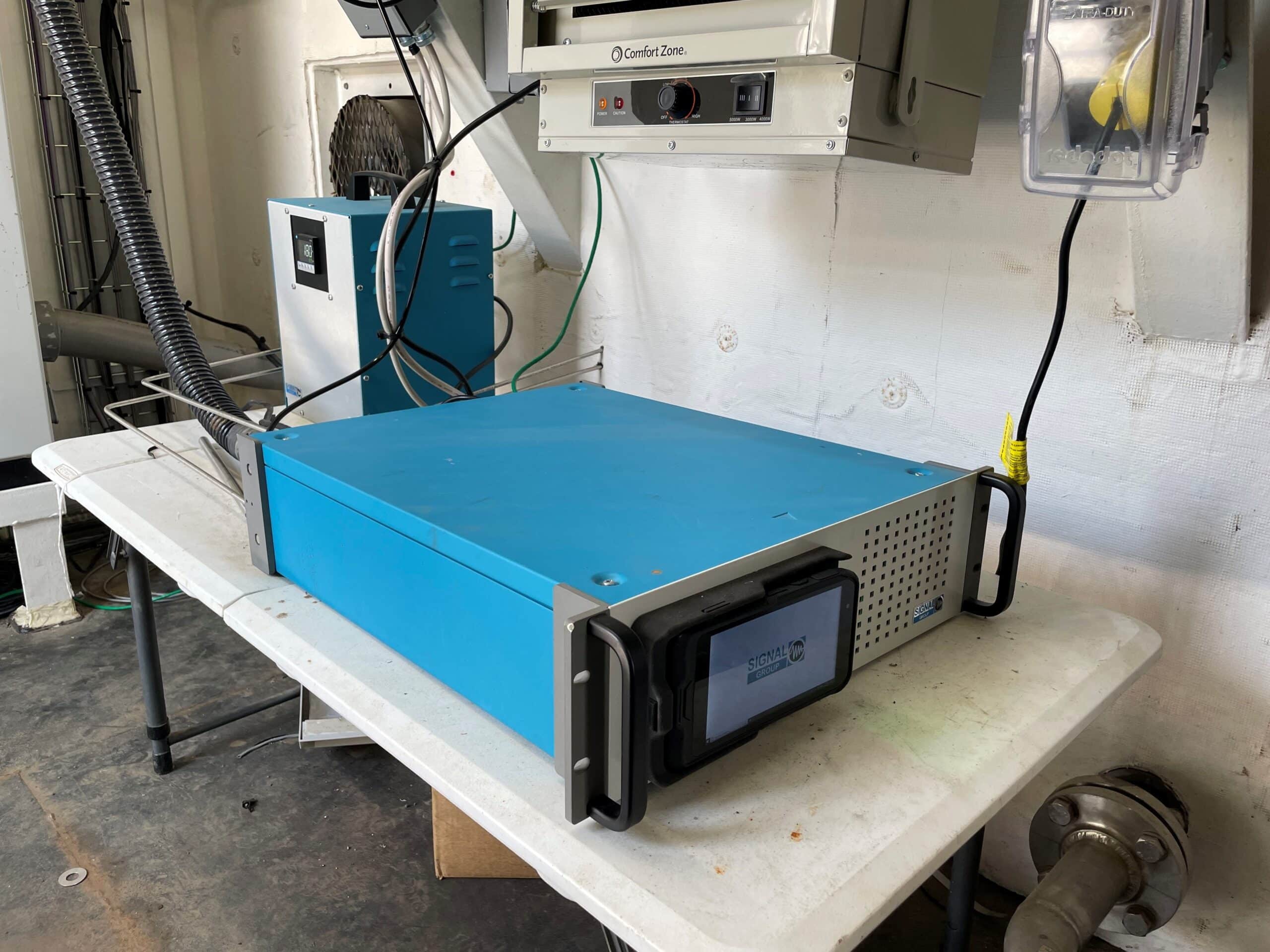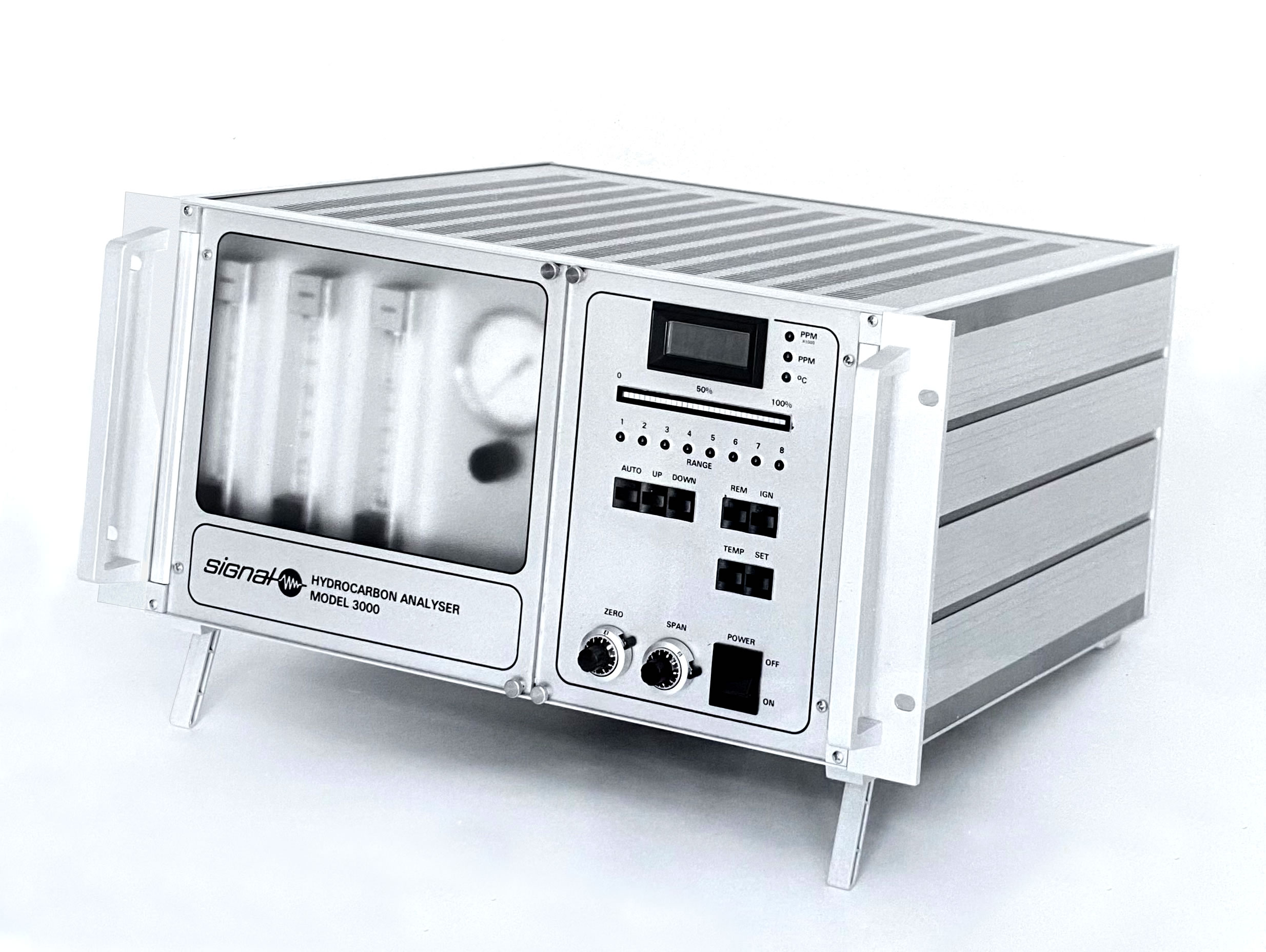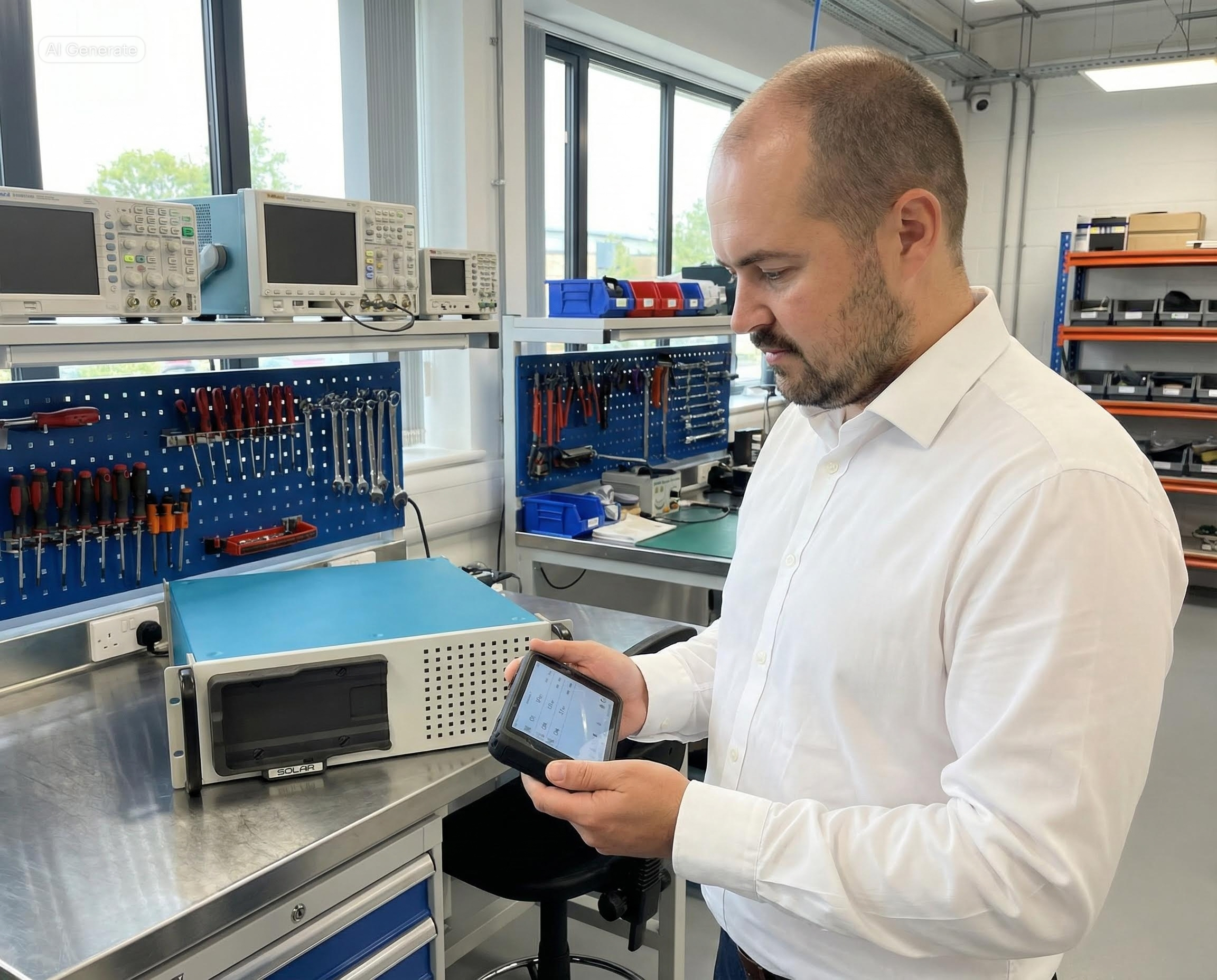
Counting the cost of unreliable gas analysers
Back in 1977 when Signal Group first started manufacturing gas analysers, components were less proficient and consistent, and analysers required a higher level of ‘tender loving care’. At that time, James Clements, the company’s Managing Director, was little more than a twinkle in his father’s eye, but today, with an





